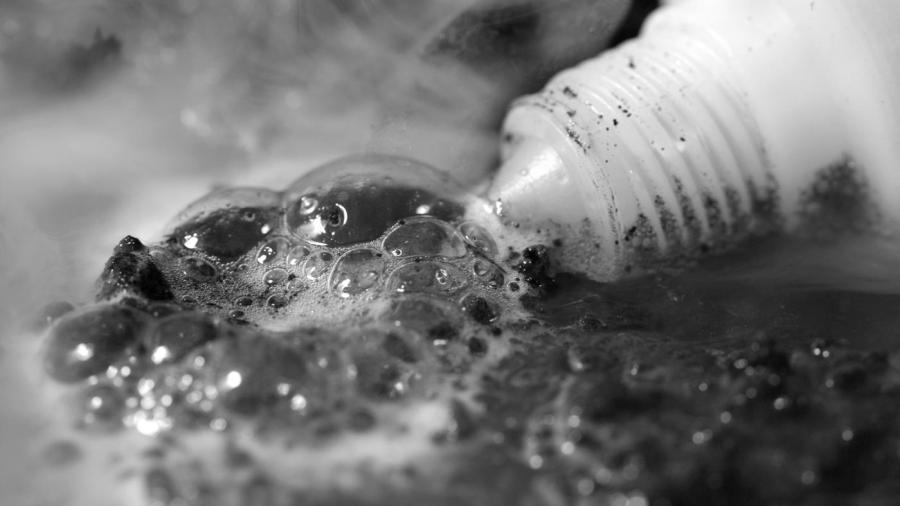Alkali Metals Reacting With Water

While exploring what happens when metals come in contact with acids, information technology is apparent that most, merely non all, have some sort of reaction, commonly forming hydrogen gas. The result is the production of salts.
Hydrochloric acid Some metals dissolve in this acrid and this results in the germination of hydrogen gas and oxidized metal chlorides. When in this acid, some metals are more than vulnerable to corrosion than others. This is the result of how rapidly they give electrons and their overall atomic construction when exposed to an acidic solution. 2 examples of metals that are more susceptible to corrosion include magnesium and zinc.
Sulfuric Acid Beryllium and magnesium are most unremarkably exposed to this acid. When exposure happens, the formation of hydrogen gas occurs. Colorless solutions of magnesium or glucinium sulfate also class.
Strontium, calcium and barium might also be exposed to dilute sulfuric acid. While barium and strontium sulfates are mostly insoluble, calcium sulfate is soluble. With barium and strontium, when they are exposed to dilute sulfuric acid, a layer of insoluble sulfate forms. This substantially stops or slows the reaction entirely.
With calcium, in that location is the production of some hydrogen. However, information technology is also common for the formation of a white calcium sulfate precipitate to develop.
Scientists might mix zinc with sulfuric acid to create hydrogen that can be used for various scientific experiments. The reaction between the 2 can be sped upwards by calculation some copper sulfate to the mix.
Nitric Acid In most cases, when this reaction happens, the metals usually have the hydrogen ions and reduce them to a hydrogen gas. Every bit a result of the process, the elemental metals transform into metal cations due to oxidation.
Nitrate ions are typically like shooting fish in a barrel to reduce to become nitrogen dioxide and nitrogen monoxide. Because of this, the metals that react with this acid usually practise not grade hydrogen gas, but oxides of nitrogen instead.
In instances where the nitric acid is dilute, nitrogen monoxide is formed, simply as soon as this is exposed to atmospheric oxygen, it is transformed into nitrogen dioxide. Nitrogen dioxide is immediately formed when concentrated nitric acid is utilized.
Dilute Acids A dilute acid is one that is simply mixed with a large amount of h2o. Like acids that are non diluted, when exploring what happens when metals react with acids, not all metals will. Beryllium is a good instance. The surface of this metallic has a thin oxide layer that helps to protect it when information technology is exposed to acid. However, this is not true for the powder class of beryllium. It volition dissolve apace when exposed to dilute hydrochloric, sulfuric or nitric acid.
With dilute acids, metals commonly readapt the hydrogen. However, there are some exceptions to this rule, including platinum, gold, silver and copper. They are unable to displace the hydrogen when an anion is not metal.
Sodium has a fierce reaction when exposed to dilute hydrochloric acid. The result is hydrogen and sodium chloride. Magnesium has a fast reaction when exposed to the same acid. It results in the formation of hydrogen gas and magnesium chloride.
Alkali Metals Reacting With Water,
Source: https://www.reference.com/science/happens-metals-react-acids-39cbe6687aed9df0?utm_content=params%3Ao%3D740005%26ad%3DdirN%26qo%3DserpIndex&ueid=2ca59fdb-becd-4ef9-ae30-53933909b198
Posted by: hopperonexped.blogspot.com


0 Response to "Alkali Metals Reacting With Water"
Post a Comment